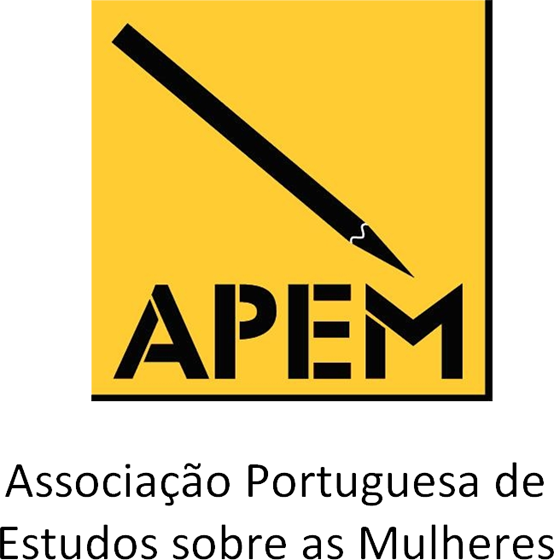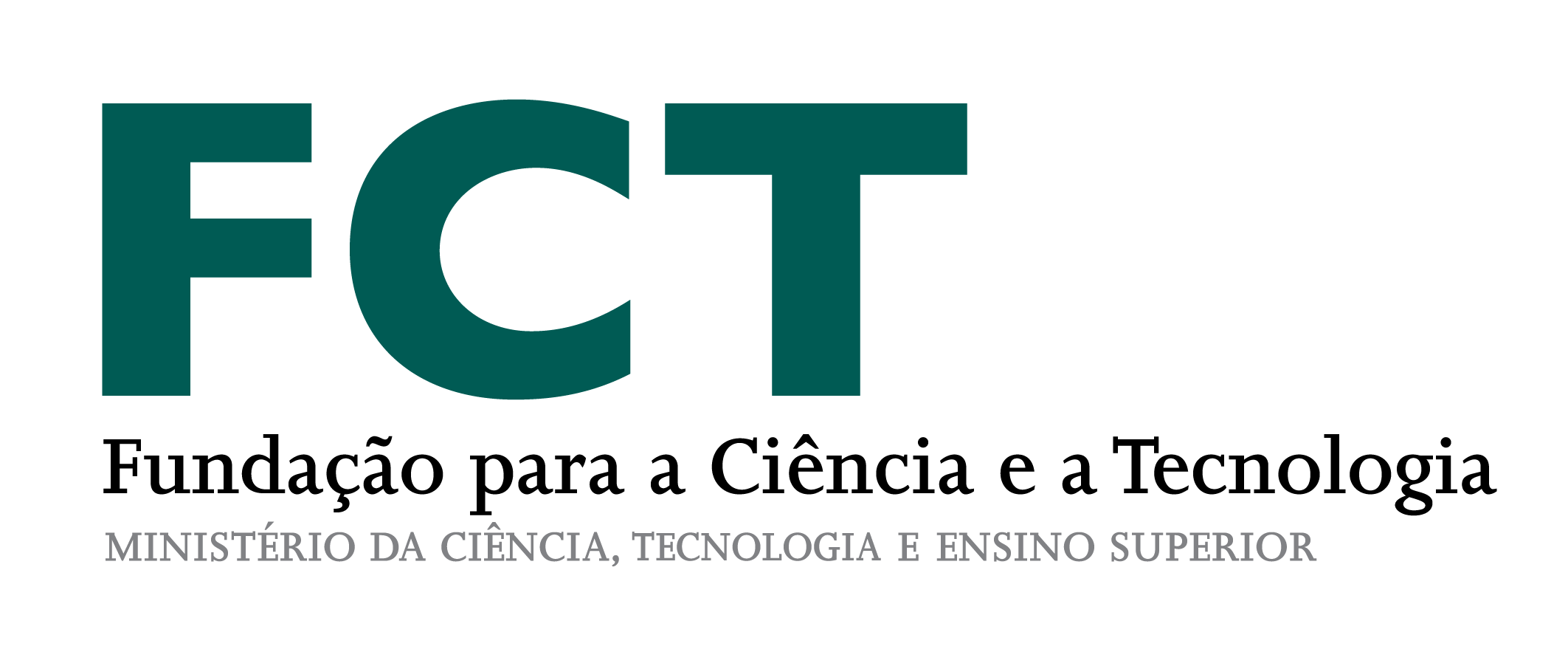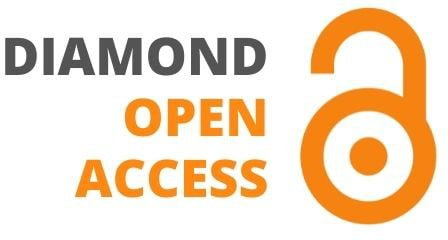Erika Velandia*, Ernesto Cuba**
* Université Paris 3 Sorbonne Nouvelle, Paris, France
https://orcid.org/0009-0001-7889-6439
** The Graduate Center, City University of New York (CUNY), New York, USA
https://orcid.org/0000-0002-1042-403X
The Glottofeminist Venture, a Research Agenda
This article advocates the development of a glottofeminist research agenda. Starting from a feminist critique of language, and affirming its theoretical affiliation with the paradigm of performativity, this text proposes theoretical principles as a framework for a glottofeminist approach. Defending the contribution of this approach to the field of gender and language studies, this article aims to renew the scientific debate on the conflicting relations between the hegemonic language norm and counter-hegemonic language practices, while exploring the tensions around inclusive language, between state institutions and such language practices.
Keywords
inclusive language, language policies, glottopolitics, French, Spanish
O desafio glotofeminista, uma agenda de investigação
Este artigo defende o desenvolvimento de uma agenda de pesquisa glotofeminista. Partindo de uma crítica feminista da linguagem e, em seguida, afirmando sua filiação teórica com o paradigma da performatividade, este texto propõe princípios teóricos como estrutura para uma abordagem glotofeminista. Defendendo a contribuição dessa abordagem para o campo dos estudos de gênero e linguagem, este artigo tem como objetivo renovar o debate científico sobre as relações conflitantes entre a norma linguística hegemônica e as práticas linguísticas contra-hegemônicas, ao mesmo tempo em que explora as tensões em torno da linguagem inclusiva, entre as instituições do Estado e tais práticas linguísticas.
Palavras-chave
linguagem inclusiva, políticas linguísticas, glotopolítica, francês, espanhol
Cet article défend le développement d’un agenda de recherche glottoféministe. À partir d’une critique féministe du langage, puis en affirmant sa filiation théorique au paradigme de la performativité, ce texte propose des principes théoriques comme cadre d’une approche glottoféministe. Défendant l’apport de cette approche dans le champ des études de genre et du langage, cet article entend renouveler le débat scientifique sur les relations conflictuelles entre la norme langagière hégémonique et les pratiques langagières contre-hégémoniques, tout en explorant les tensions autour du langage inclusif, entre les institutions de l’État et telles pratiques langagières.
Mots-clés
langage inclusif, politiques linguistiques, glottopolitique, français, espagnol
DOI: https://doi.org/10.22355/exaequo.2024.49.05

Direitos de autor: Creative Commons – CC BY NC
 Direitos de autor: Creative Commons – CC BY NC
Direitos de autor: Creative Commons – CC BY NC











